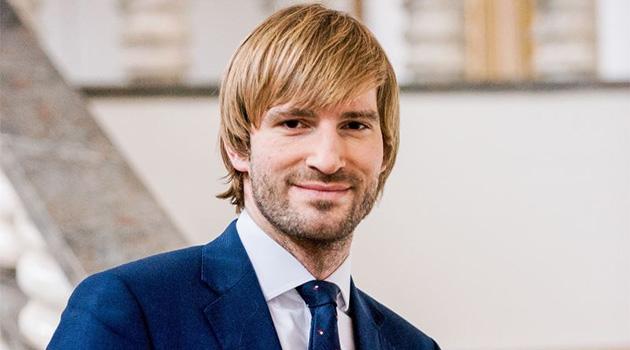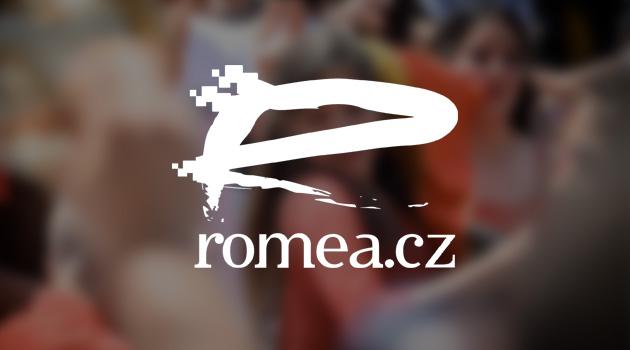EU-funded project promoting health literacy in socially excluded communities of the Czech Republic

The health literacy of socially excluded people is slated to be increased by a five-year project worth CZK 240 million [EUR 9.35 million]. Each region in the country will open a center with field workers and will organize public talks about diet, health, hygiene and movement courses.
Czech Health Care Minister Adam Vojtěch (for ANO) and representatives of the National Institute of Public Health (Státní zdravotní ústav – SZÚ), which is managing the 77 %-EU funded project, presented the project to journalists on 2 April. Overall it is slated to impact about 120 000 people.
“The vast majority of citizens in the Czech Republic have good access to relatively high-quality health care, which is reflected in the improvements to health outcomes that have happened over the last 30 years since the revolution,” Srdan Matič, the head of the Czech office of the World Health Organization (WHO), said at a conference on the health of the socially excluded on 2 April. Not just access to health care, but mainly awareness of the importance of a healthy lifestyle is significantly lower among those living in socially excluded localities.
“There are approximately 95 000 – 115 000 socially excluded individuals who are troubled by insufficient integration and poverty. Their life expectancy is about 10 years less than that of the rest of the population, 65 % of them are tobacco smokers, there is a high proportion of them who are obese or overweight, their eating habits are poor and their health literacy is zero,” the Health Care Minister said at the conference, adding that both the numbers of such people and of the areas categorized as socially excluded are growing.
According to the director of the Department for Social Inclusion at the Office of the Government of the Czech Republic, (the Agency for Social Inclusion), David Beňák, Romani people in social exclusion suffer from higher infant mortality rates, more children with low birth weights, more adolescent mothers, and more women who smoke. “At the same time, however, they do not trust the social workers from the majority society and frequently they also do not trust health care workers. On the contrary, many health care workers behave discriminatorily towards them,” he said.
Frequently, according to the Agency director, general practitioners and pediatricians refuse to register Romani patients, who therefore do not go for preventive checkups as often as they should. He also said that nutrition in Romani families is in a catastrophic state, not just for financial reasons, but also because of an insufficient appreciation of the importance of a healthy diet and movement.
Social conditions influence the more frequent development of chronic ailments such as diseases of the heart and vascular system, obesity, or diabetes. According to the Health Minister, there are also many problems in the socially excluded localities with hygiene, which leads to the dissemination of infectious diseases.
“Teams will be created to focus on mediation and outreach,” the Health Care Minister said. Specialized field workers will be trained to focus on adult education and providing individual consultations directly in the field.
“Days of Health” are also being planned. The program, according to SZÚ director Pavel Březovský, is focused mainly on people of productive age and is financed from European funds through Operational Programme Employment.
The five-year project has been awarded CZK 187 million [EUR 7.3 million] from the EU and another CZK 54 million [EUR 2.1 million] from the state budget. In addition to covering the costs of events, methodologies and professional conferences, 28 full-time positions for mediators will be funded.
“Mostly there will be half-time positions for field workers who are already working in the localities,” said Marie Nejedlá of the Centre for Public Health Promotion at the SZÚ. The network created should continue after 2022, when the EU funding will end.
